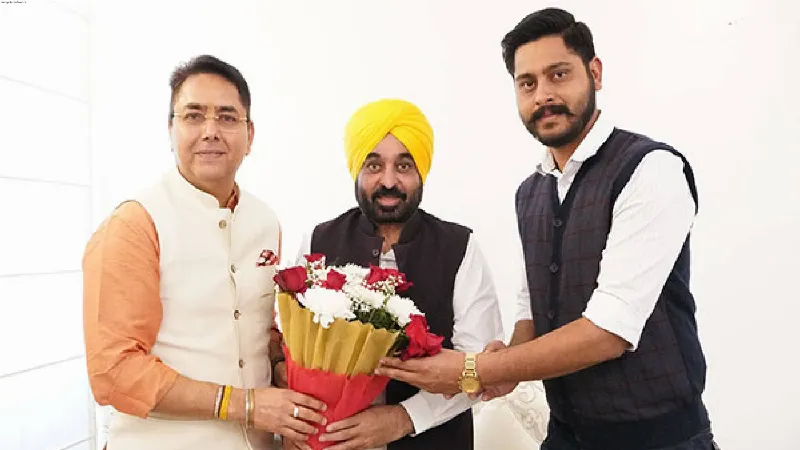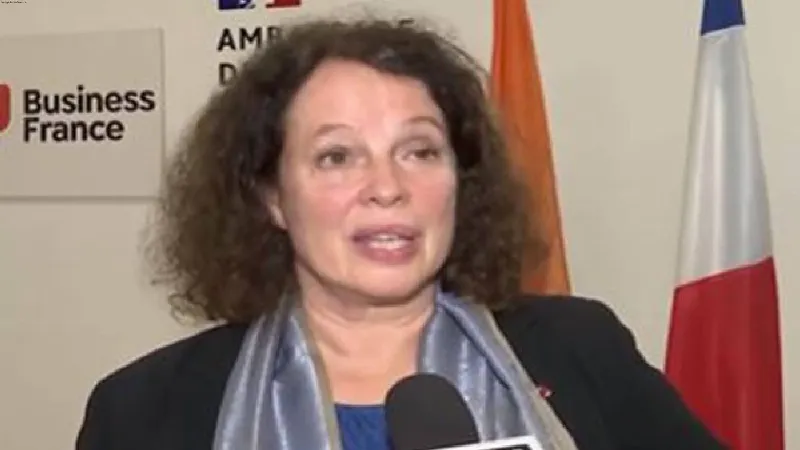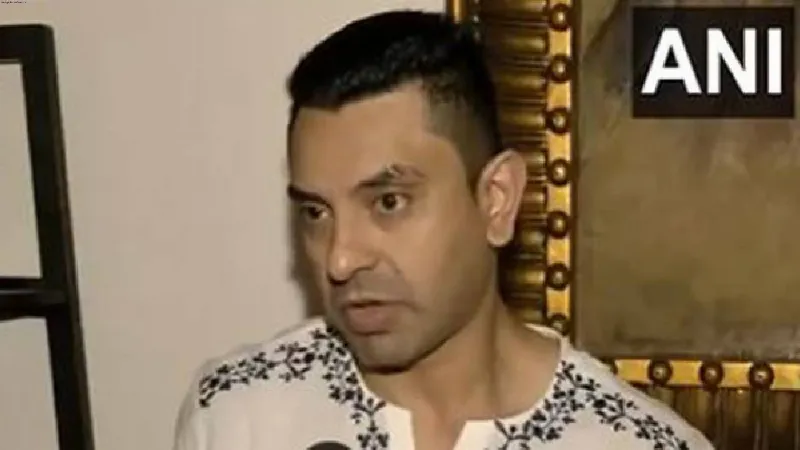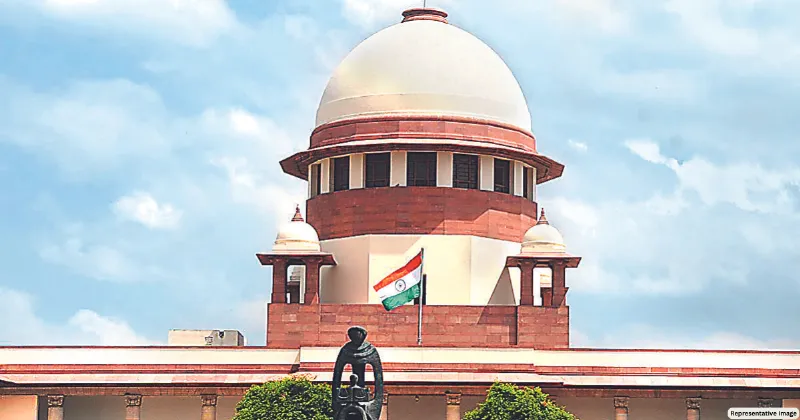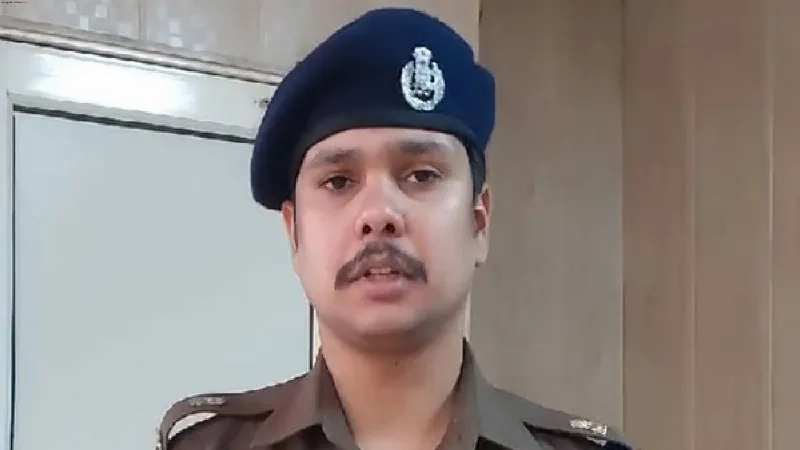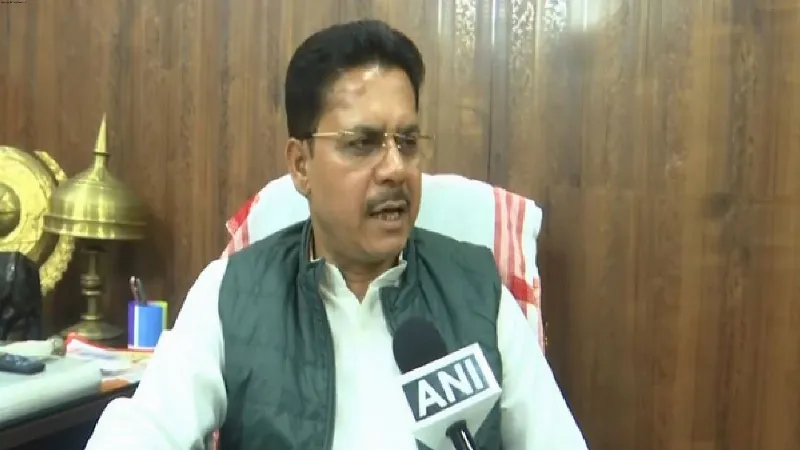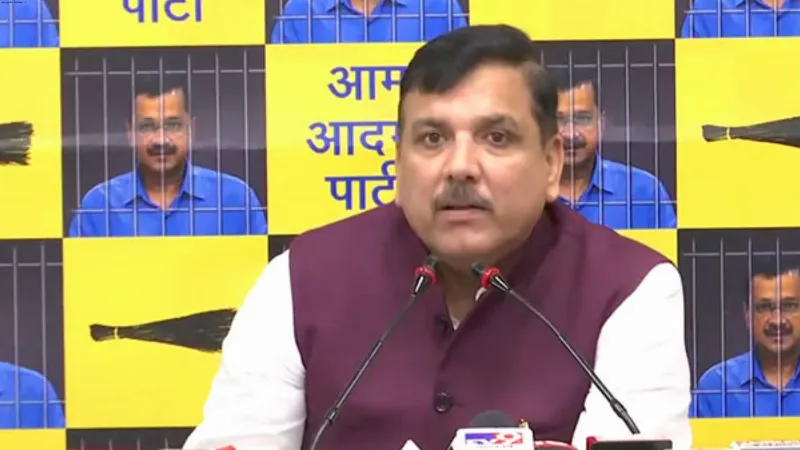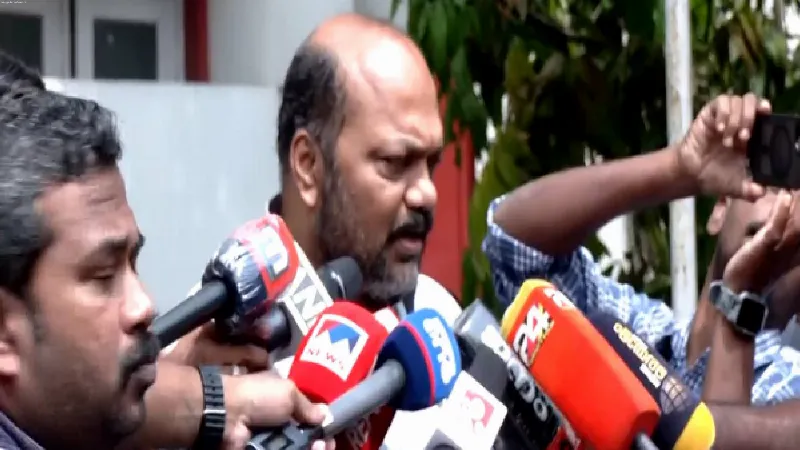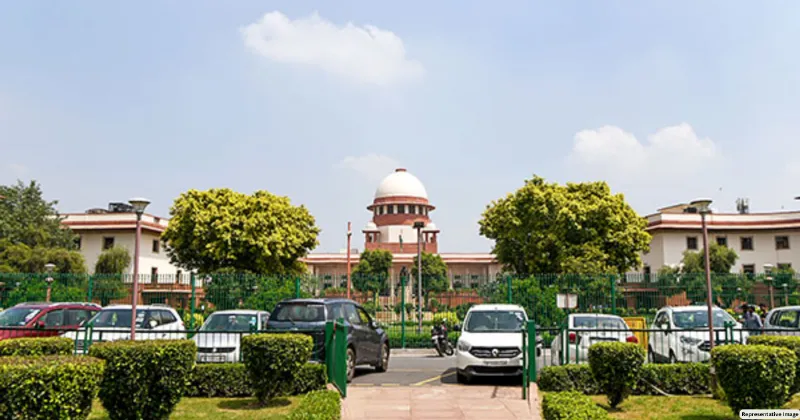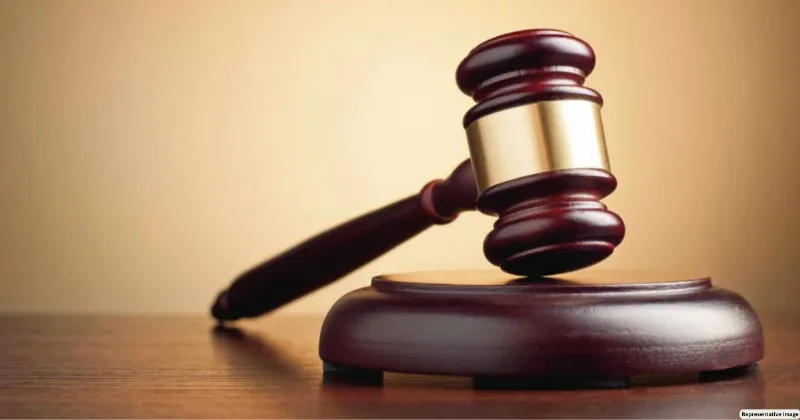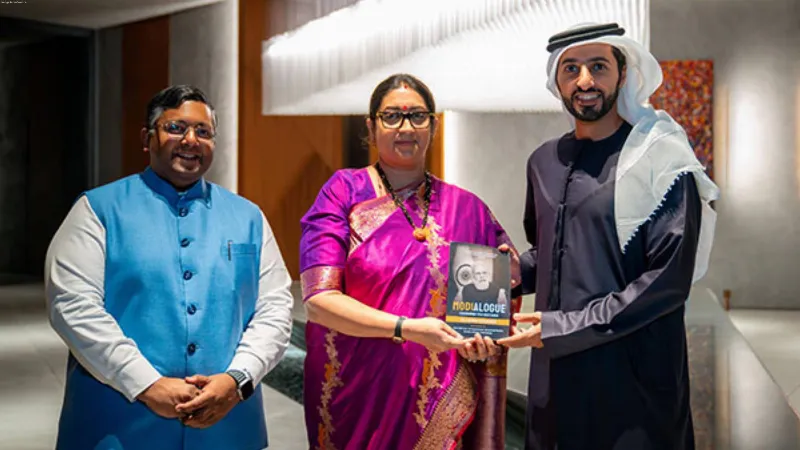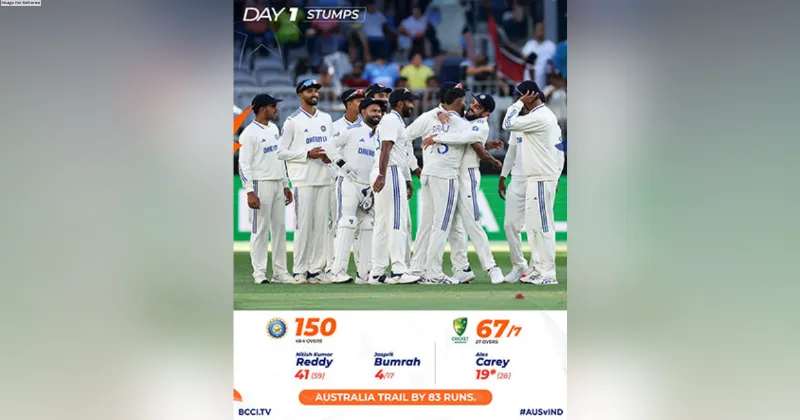Since becoming CJI, have tried to make Supreme Court, a people's court: CJI Chandrachud
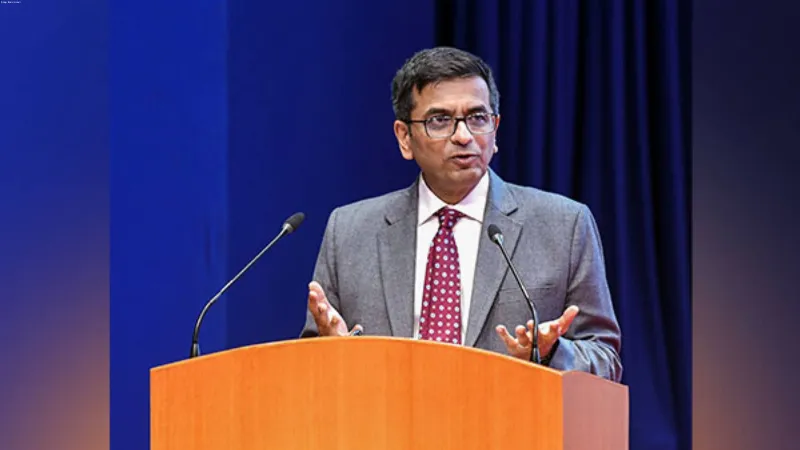
Panaji: Chief Justice of India DY Chandrachud on Saturday said that Bar Associations like the Supreme Court Advocates on Records Association (SCAORA) are crucial to bridge the gap between the Court and the stakeholders which make invaluable contribution to the functioning of the judicial institution.
Addressing the first SCAORA International Legal Conference, CJI Chandrachud asserted that AoRs are the oil that keeps the machine of the Supreme Court running smoothly.
"The Bar and the bench are complementary to each other. We are mutual beneficiaries of each other and are here to learn from one another and to work towards the betterment of an independent and robust judiciary," he said.
"Since I have become the Chief Justice of India, I have tried to make the Supreme Court - a people's court. The Supreme Court has tried to clean up old ways by using technology and making various processes easy - this includes everyday tasks like getting court passes, e-filing, and marking online appearances. But I have always been cognizant that no matter how many positive individual decisions are made, the long term progress of the institution relies on an ecosystem which outlasts individual players. The system of appointing Advocates on Record was envisages as one such system which shall outlast any set of people and govern the erudition and competence before the Supreme Court," the CJI said.
CJI DY Chandrachud, further asserted that AORs are a vital stakeholder in all the decisions which the Court makes and have a crucial voice in the Court's administrative and judicial decision-making.
"We rely heavily on the ability of AoRs to draft and ensure comprehensive representation of their clients," he said.
"The primary function of an AoR is to ensure that their work allows the Court to dispense justice. As custodians of your case, it falls on you to ensure that the case is drafted properly, explained well and filed without defects. It is also your responsibility to ensure that you bridge the gap between the client and the Court by keeping each of them appraised about the doings of the other. The AoR is also responsible, in cases where they do not argue themselves, for bridging the gap between the Court and the arguing lawyer," the CJI added.
He also highlighted that AoRs play a crucial role in increasing the access of litigants and lawyers to the Supreme Court.
"Most litigants before the Supreme Court have no one to turn to other than their AoR for timely updates on their cases. Common procedures like getting court passes and navigating the Court is unknown to most. While the Supreme Court of India has taken many strides in alleviating these issues as part of our overall effort to increase accessibility - the role of AoRs continues to be extremely relevant. Despite the transition to online digital procedures, we rely on the AoRs to ensure that their clients and lawyers from their State find the Supreme Court to provide a friendly experience," CJI Chandrachud said.
The CJI mentioned further that in 2022, he had undertaken the exercise of calculating the costs of living, housing, food, travel and other expenses which a junior lawyer incurs in Delhi.
"My intention was to objectively look at the remuneration of law clerks and recommend a dignified and humane amount. When I took over as the Chief Justice of India, we immediately streamlined the process of selecting law clerks and increased their remuneration. I urge the brilliant minds here who have made immeasurable contribution to the Supreme Court - to extend the same courtesy to their juniors. After all, the progress and growth of the legal profession is intertwined with the well-being and development of the junior bar," DY Chandrachud said.

